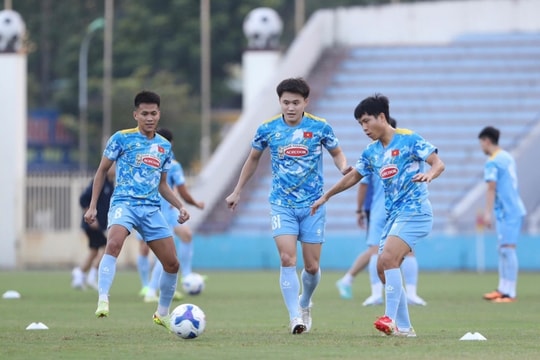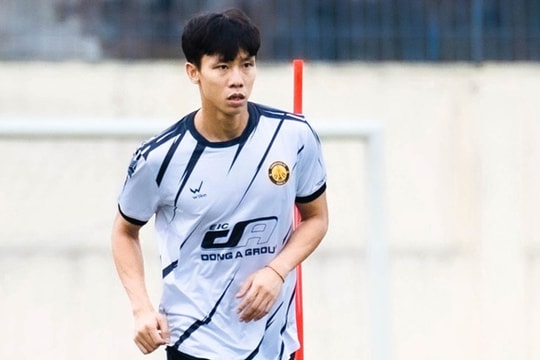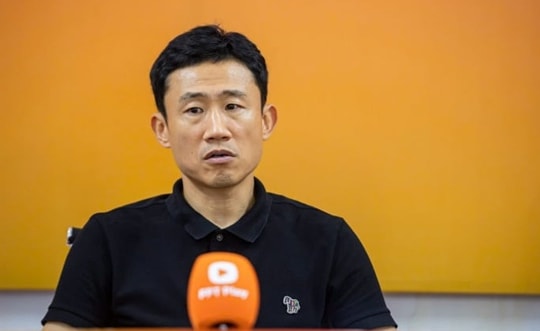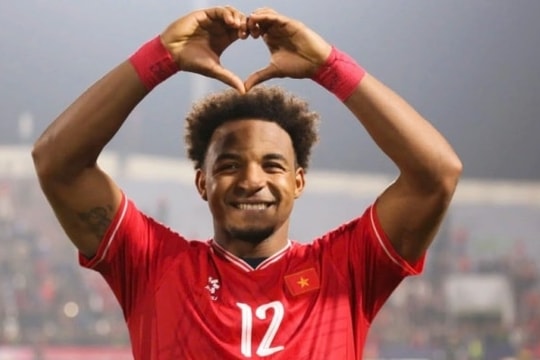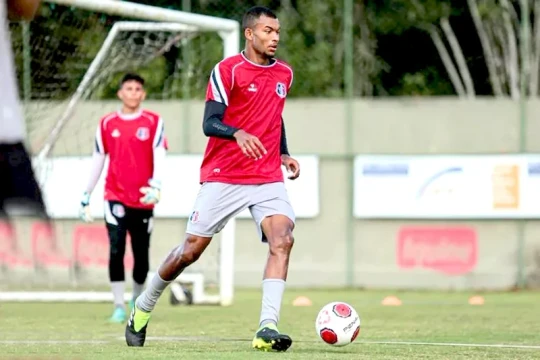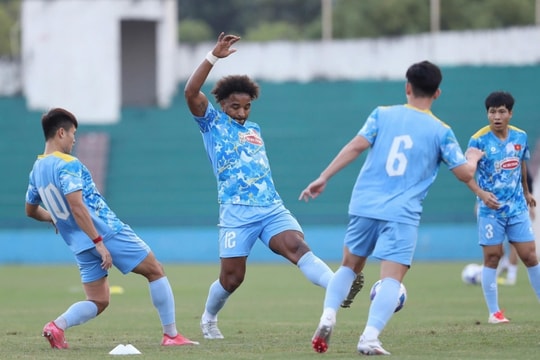Coach Tran Cong Minh: V-League stuck due to financial dependence
Coach Tran Cong Minh warned that V-League is financially dependent and unprofessional; called on VFF, VPF and clubs to be autonomous, build identity, and improve youth training for the national team.
The “fatal weakness” of V-League does not lie in the technique on the field, but comes from the operating model: financial dependence and lack of professionalism. That is the frank warning of former player and coach Tran Cong Minh about the current situation that is hindering the foundation for the national teams.
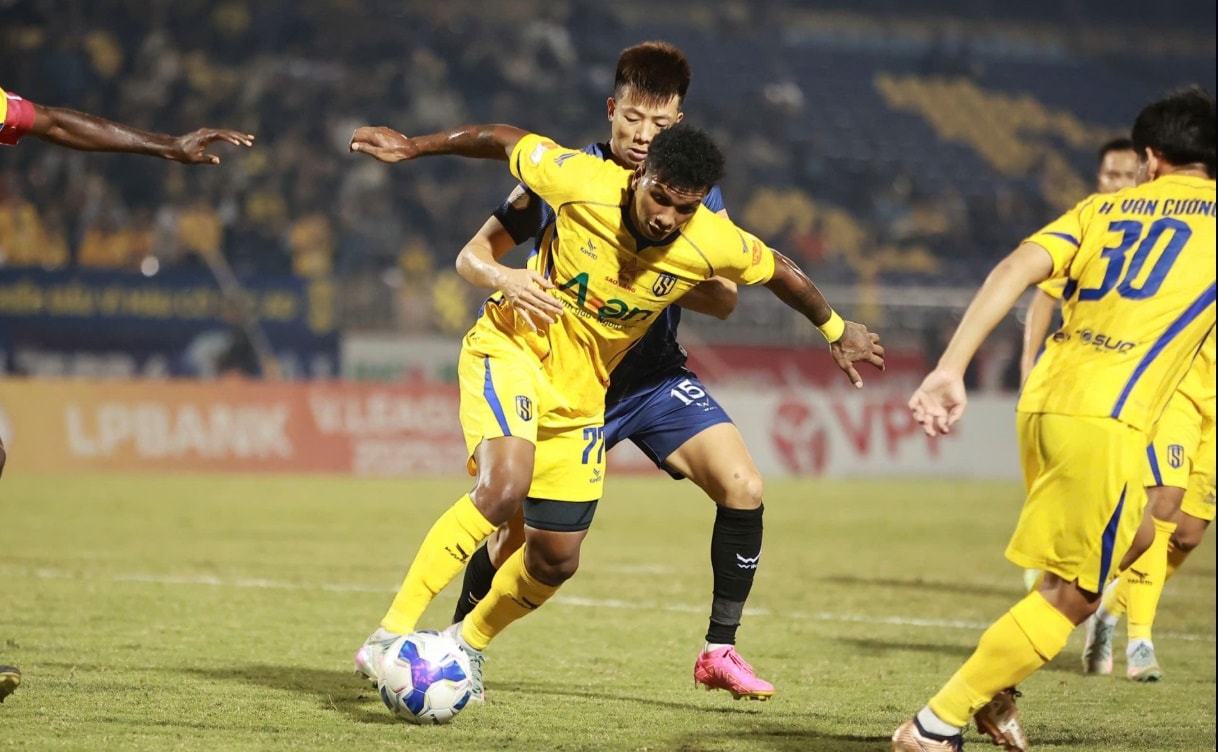
Bottleneck: living off the "milk" of sponsorship
According to coach Tran Cong Minh, most domestic clubs still rely on investors or local budgets to survive. Many “professional football joint stock companies” are only valid on paper, but in reality operate according to the old model, completely passive in finance. He emphasized that this is the biggest obstacle to “football feeding football”.
The consequence of this dependence is that the motivation to increase value is eliminated: clubs invest less deeply in commerce, brand and identity. When sponsors withdraw, once-famous teams disappear, leaving a void in both expertise and trust in the audience.
Standardization according to AFC and the role of the organizing agency
Another pain point pointed out by coach Tran Cong Minh is the failure to fully meet the standards of the Asian Football Confederation. He said: “Many clubs do not meet the standards of the Asian Football Confederation (AFC), but the VFF had to make concessions to be able to participate in the tournament.”
The message to the governing bodies is clear: the Vietnam Football Federation (VFF), Vietnam Professional Football Joint Stock Company (VPF) and the clubs need a qualitative change, not just technical adjustments. Standardizing criteria, strictly enforcing, and synchronizing from infrastructure, administration to finance is a mandatory starting point.
Identity, audience and the value cycle
Coach Tran Cong Minh believes that in order to break through, teams must create their own competitive identity and maintain a spirit of dedication and honesty. When the product on the field is attractive enough, the audience returns to the field, commercial value will have a basis to form; sponsors will then trust and accompany them for a long time.
This is a virtuous cycle: professional quality and honesty attract audiences; audiences create markets; markets help clubs diversify their sources of income beyond pure sponsorship, gradually moving towards financial autonomy.
Restructuring youth training associated with tournament quality
According to Coach Tran Cong Minh, improving the quality of V-League and restructuring youth training are two sides of the same issue. A truly professional and financially autonomous tournament will create a solid foundation for academies and youth teams to receive continuous investment and have a long-term development roadmap. From there, the national team will be supported by an abundant source of successor players, who are familiar with professional competition standards and discipline right from the club.
Roadmap for reform: from the boardroom to the pitch
- Financial governance and transparency: set clear criteria, publish roadmap to meet standards, reduce dependence on one funding source.
- Implement AFC standards: prioritize infrastructure, academies, biomedicine, and matchday operations according to standards.
- Club brand strategy: defining identity, enhancing stadium experience, developing fan community.
- Competition culture: promote dedication and honesty to strengthen audience trust.
- Youth training link - first team: create promotion corridor, set playing minutes for young players when meeting professional requirements.
Long-term impact: the foundation for the national team
Coach Tran Cong Minh’s overall message is consistent: when the V-League is truly professional and autonomous, Vietnamese football will have a more sustainable foundation. A financially and standardly healthy tournament will nurture clubs, thereby providing a stable, quality source of human resources for national team levels.
The reform he called for was not a short-term campaign, but a paradigm shift: from living off the “milk” of sponsorship to self-reliance, from flexible standards to systematic discipline. Only then can the V-League stand firm and go far.

